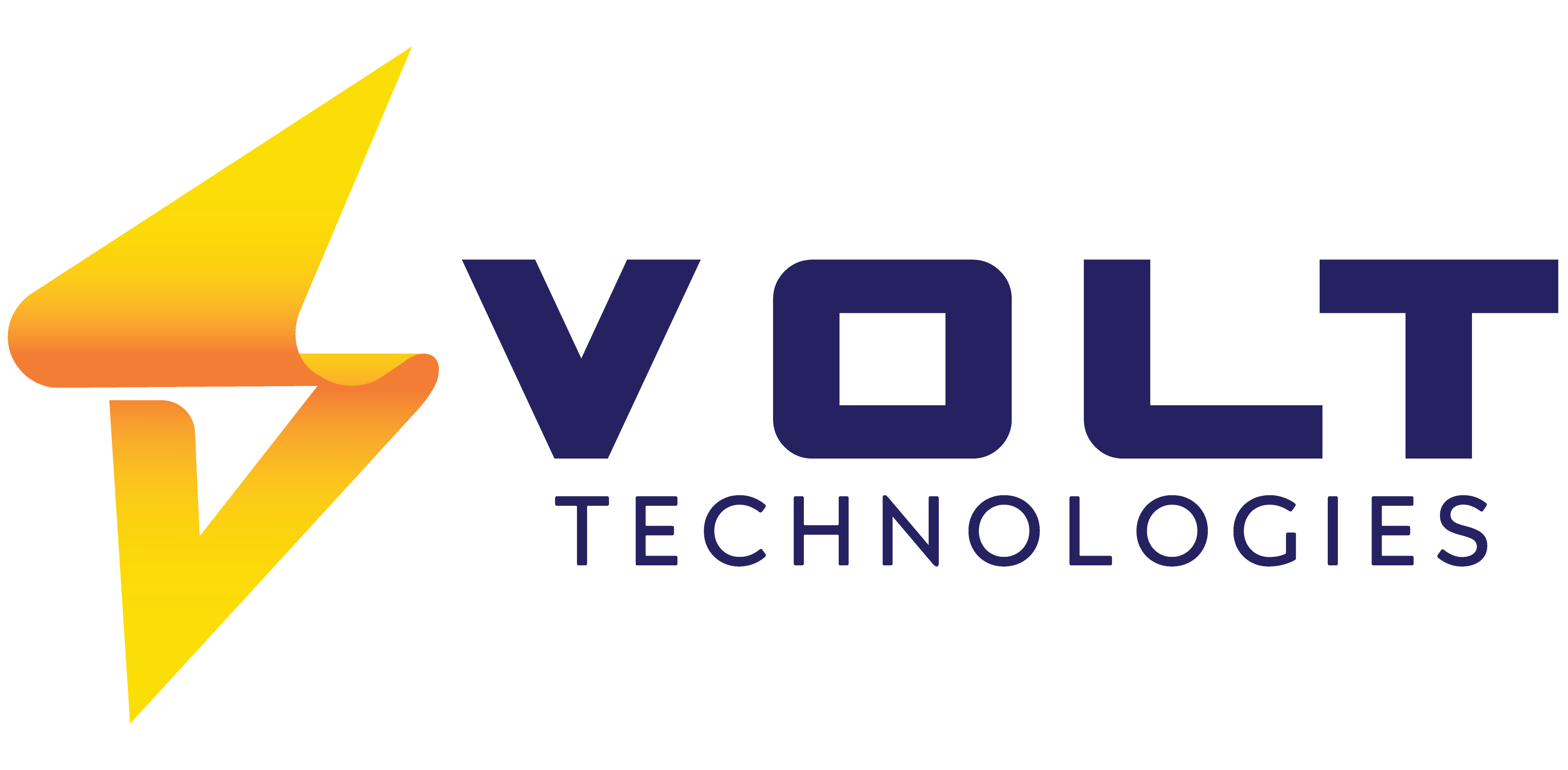Business Central vs QuickBooks: Why Growing Companies Need to Upgrade


Microsoft Dynamics 365 | Simplify your IT footprint and make decisions faster.
- August 5, 2025
Introduction
Many small businesses struggle to choose between Business Central vs QuickBooks when scaling operations. While QuickBooks is simple, affordable, and easy to use for basic accounting, growing operations bring new challenges. QuickBooks often falls short when businesses need advanced reporting, inventory management, multi-entity support, or deeper financial insights.
That’s where Microsoft Dynamics 365 Business Central comes in. It’s a powerful cloud ERP for growing companies, offering everything from financials to supply chain, project management, and CRM, all in one unified system.
In this article, we’ll compare Business Central vs QuickBooks, explore when it’s time to switch, and show why many companies are choosing to upgrade from QuickBooks to Business Central to unlock scalability, automation, and long-term growth.
Understanding the Difference: ERP vs Accounting Software
What are QuickBooks?
QuickBooks is a popular accounting software designed for small businesses. It handles essential tasks like bookkeeping, invoicing, payroll, and tax reporting. For startups and solo entrepreneurs, it’s a cost-effective and easy-to-use tool. But as your business expands, QuickBooks often lacks the flexibility, control, and visibility needed to scale efficiently.
What is Dynamics 365 Business Central?
Dynamics 365 Business Central is an all-in-one enterprise resource planning (ERP) solution tailored for small and mid-sized businesses. It goes beyond accounting to include:
- Financials and reporting
- Inventory and warehouse management
- Purchasing and sales
- Project management
- CRM and customer insights
As part of the Microsoft ecosystem, Business Central integrates seamlessly with Teams, Outlook, Excel, and Power BI, giving you a connected, intelligent, and automated platform for growth.
ERP vs Accounting Software – Key Differences
Feature | QuickBooks | Dynamics 365 Business Central |
Core Focus | Accounting only | Full ERP (Finance + Operations) |
Scalability | Limited | Built for growth and complexity |
Inventory Management | Basic | Advanced (multi-location, forecasting, BOMs) |
Multi-Entity Support | Workarounds required | Native, built-in |
Reporting & Analytics | Static reports | Real-time dashboards via Power BI |
Integrations | Limited | Deep Microsoft 365 and API support |
Access & Controls | Basic roles | Granular permissions and workflows |
If you’re evaluating Business Central vs QuickBooks, it’s essential to recognize that Business Central is more than just an accounting upgrade; it’s a complete operational platform designed to help your business thrive as it grows.
Signs You’re Outgrowing QuickBooks
QuickBooks can only take your business so far. As companies grow in revenue, team size, and complexity, limitations in tools like QuickBooks become more obvious and more costly. Here’s how to know when it’s time to consider a QuickBooks alternative for growing businesses.
Common Limitations in QuickBooks
- Lack of Operational Depth: QuickBooks doesn’t offer advanced inventory tracking, warehouse management, or production control.
- Manual Workarounds: Teams often rely on spreadsheets to manage processes like approvals, project costing, and forecasting.
- Limited Multi-Entity Support: Consolidating data across multiple business units or legal entities is difficult and error-prone.
- Weak Integration: Connecting QuickBooks with other apps or platforms often requires third-party tools or custom scripts.
- Poor Audit Trails: Tracking changes, user activities, and transaction history is minimal posing a risk for compliance-driven industries.
These issues slow down decision-making, increase human error, and introduce risk, especially for mid-size businesses scaling fast.
When Should a Business Upgrade from QuickBooks?
You should start exploring switching from QuickBooks to Microsoft ERP when:
- You’ve outgrown single-entity or single-user workflows
- Your reporting needs are more complex and dynamic
- You need better control over inventory, operations, or purchasing
- You want to centralize your data and eliminate system silos
- You’re preparing for external audits or regulatory changes
If this sounds familiar, you’re likely outgrowing QuickBooks and Business Central offers the right tools to support your next stage of growth.
Business Central Features vs QuickBooks
When comparing Business Central features vs QuickBooks, the gap is clear. QuickBooks is an accounting tool; Business Central is a complete ERP that connects your finances with operations, inventory, sales, and more.
Core Functional Comparison Table
Capability | QuickBooks | Dynamics 365 Business Central |
General Ledger | Standard | Multi-dimensional GL with rich analytics |
Inventory Management | Basic item tracking | Advanced: multi-warehouse, serial/lot tracking, BOM |
Sales & Purchasing | Limited workflows | Integrated sales & procurement automation |
Project Management | Not native | Job costing, resource planning, time tracking |
Reporting | Static financials | Custom dashboards, Power BI integration |
Multi-Entity Support | Manual workarounds | Native consolidation, intercompany transactions |
Workflow & Automation | Minimal | Built-in approval workflows & process automation |
Integrations | Limited 3rd-party | Native Microsoft 365, Teams, Power Platform |
Business Central for Financial Management
Business Central delivers advanced control over your financials—ideal for businesses moving beyond basic bookkeeping. It supports:
- Budgeting and forecasting
- Multi-currency and multi-entity
- Financial dimensions and cost accounting
- Audit-ready compliance and internal controls
This means better insights, reduced risk, and less time spent reconciling spreadsheets.
Business Central for Operations and Growth
Unlike QuickBooks, which is siloed and finance-only, Business Central offers:
- End-to-end supply chain visibility
- Advanced inventory forecasting
- CRM features to manage customers, quotes, and sales pipelines
- Project tracking tools with built-in job costing and resource allocation
These capabilities make Business Central the best ERP software for companies outgrowing QuickBooks.
Benefits of Switching from QuickBooks to Business Central
If QuickBooks is holding your business back, moving to Microsoft Dynamics 365 Business Central can unlock new levels of visibility, control, and scalability. This isn’t just an upgrade, it’s a strategic leap into a more agile, intelligent way of operating.
1. One Unified System for Finance, Operations & Sales
Business Central connects your finances with operations, inventory, customer management, and more, all in real time. No more duplicate data entry, disconnected systems, or blind spots between departments.
- Centralized data and workflows
- Real-time reporting and KPIs
- Improved collaboration across teams
2. Cloud ERP for Growing Companies
Unlike traditional on-premise systems or limited online tools like QuickBooks Online, Business Central is a cloud-native ERP built for flexibility:
- Anywhere, anytime access via browser or mobile
- Automatic updates with zero downtime
- Secure hosting on Microsoft Azure
- Native integration with Microsoft 365 apps
This makes it ideal for hybrid teams, distributed operations, and fast-moving businesses.
3. Built for Small and Mid-Sized Businesses
Whether you’re 10 users or 200, Business Central scales as you grow—with the right features at the right time:
- Modular licensing to fit your needs
- Global capabilities: multi-entity, multi-currency
- Custom workflows, approvals, and security roles
It’s a perfect mid-size business ERP solution that avoids the complexity (and cost) of traditional enterprise systems.
4. A Future-Ready Platform
As part of the Microsoft ecosystem, Business Central gives you access to:
- Power BI for data visualization
- Power Automate for workflow automation
- AI & Copilot capabilities built into the platform
- Seamless upgrade paths no more re-platforming in 5 years
It’s a modern ERP that evolves with you.
Business Central Migration from QuickBooks
Switching systems can feel overwhelming but with the right strategy and partner, it doesn’t have to be. Migrating from QuickBooks to Business Central is a structured, manageable process that delivers long-term ROI and operational clarity.
Planning the Upgrade
A successful migration starts with clear planning. Volt Technologies helps you:
- Assess your current QuickBooks setup: data structure, workflows, limitations
- Define your goals: streamline finance, expand inventory control, improve reporting
- Select the right Business Central modules to match your needs
- Build a realistic timeline and rollout strategy
We also help you identify any gaps, clean up your financial data, and define what historical records should be carried over.
What the Migration Includes
- Data Mapping & Import: Chart of accounts, customers, vendors, open balances, historical transactions
- System Configuration: Tailored financial dimensions, user roles, workflows
- Integration Setup: Microsoft 365, banks, CRM, eCommerce, or ISVs
- User Training & UAT: Hands-on sessions for finance, sales, ops, and leadership
Whether you’re a service company or product-based business, Volt tailors the migration to ensure continuity and zero downtime at go-live.
How Volt Technologies Supports the Transition
As a certified Microsoft Dynamics 365 Partner, Volt provides:
- Fixed-scope, fixed-cost migrations from QuickBooks
- Data validation and quality assurance
- Go-live support and post-implementation assistance
- Ongoing system optimization and training as your needs evolve
We’ve helped dozens of businesses upgrade confidently, with minimal disruption and maximum future-readiness.
FAQs
Is Business Central better than QuickBooks?
Yes, for growing businesses, Business Central is significantly more powerful than QuickBooks. While QuickBooks is great for basic accounting, Business Central offers full ERP capabilities including inventory, sales, project management, and reporting, all in one cloud-based solution.
What is the best alternative to QuickBooks for mid-sized companies?
Microsoft Dynamics 365 Business Central is widely recognized as the best QuickBooks alternative for growing businesses. It combines deep financial management with scalable operational tools, built specifically for small to mid-sized organizations.
When should a business upgrade from QuickBooks?
You should consider upgrading when:
- You manage multiple entities or currencies
- You’re relying on spreadsheets to fill functional gaps
- Your reporting and forecasting needs are growing
- You need better inventory control, approvals, or user security
- You’re preparing for audits, scaling up, or expanding internationally
How long does it take to migrate from QuickBooks to Business Central?
Most migrations take between 6–12 weeks, depending on data complexity, user count, and required modules. Volt offers phased rollouts to help minimize disruption.
Can I keep my historical data from QuickBooks?
Yes. Volt maps and imports historical data as part of the migration. You can choose to bring over open transactions only, or retain full transaction history based on your business needs.
Is Business Central suitable for small businesses, or is it just for enterprises?
Business Central is designed specifically for small and mid-sized businesses. It’s flexible enough to support companies with just a few users and scalable enough to grow with you into a 100+ user environment without needing a new system.
Conclusion: Ready to Move Beyond QuickBooks?
QuickBooks has served millions of businesses well—but it wasn’t built for scale. If you’re hitting limitations in reporting, inventory, multi-entity management, or real-time visibility, it may be time to consider a modern ERP.
Microsoft Dynamics 365 Business Central offers everything growing companies need to thrive: flexibility, automation, and a connected platform that supports finance, operations, and strategy, all in the cloud.
As a trusted Microsoft Dynamics 365 Partner, Volt Technologies helps businesses like yours make the switch with confidence. From planning and data migration to user training and go-live support, we make upgrading from QuickBooks to Business Central smooth and risk-free.
Is Your Business Ready to Upgrade?
Let’s find out together.
Book a Free ERP Readiness Consultation
Download Our QuickBooks vs Business Central Feature Checklist
Learn More About Our Microsoft Dynamics 365 Business Central Services
Don’t let outdated tools hold you back. Make the smart move—migrate to Business Central with Volt.
